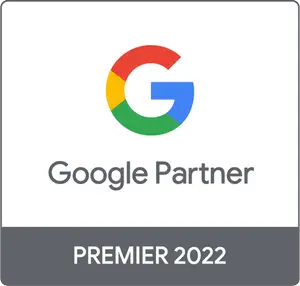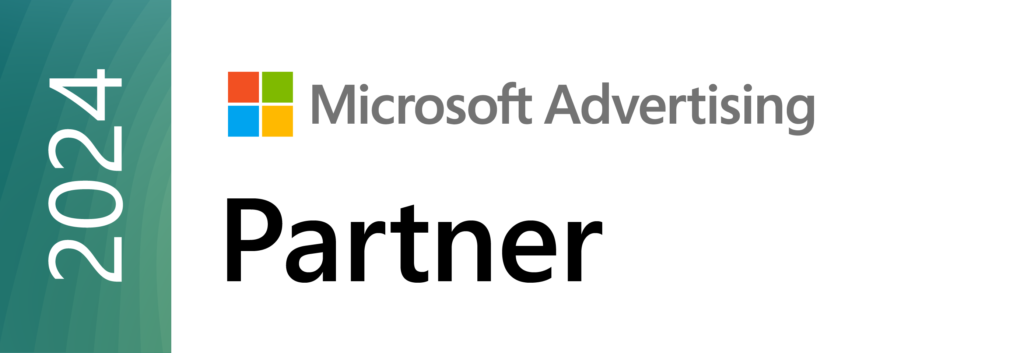The keywords, or keywords, are a fundamental aspect of any PPC (pay-per-click) strategy. Keywords are the words or phrases that users use to search for what they need on search engines like Google, and they are so important because they are those responsible for activating the appearance of your ads.
Choosing the right keywords is crucial to the success of your campaigns and their subsequent optimizationIf you choose "bad keywords" for your campaign, your ads are likely to be shown to an irrelevant audience, which can result in a low conversion rate. Additionally, your budget may be spent quickly without generating any return on investment.
For example, if you sell baby products and use generic keywords like “clothing,” your ads will be shown to a broad audience that includes people searching for adult clothing, designer clothing, activewear, etc. As a result, your Click-through rate is low, and the CPC is high.
That's why it's so It is important to conduct thorough research keyword research and select precise and relevant keywords for your business. Below we summarize Some best practices for keyword selection:
-
Light research: It's important to select keywords that are relevant to your business and your audience. Put yourself in your buyer persona's shoes and think about the words or phrases they would use to search for your products or services.
-
Thorough research: There are powerful digital tools that can help you find new keywords, assess their relevance, and predict their potential traffic. Some of these tools include Google Keyword Planner, SEMrush, Moz, and Ahrefs.
-
Analyze your competition: Another good practice is to review your competitors' ads and keywords and use this information to identify new, relevant keywords that you can apply to your own campaigns.
-
The power of your brand: Remember to include your brand keywords in your campaigns to ensure your ads appear when users search specifically for your brand. This practice is recommended for all businesses, but especially for those with a strong brand history and awareness.
-
Always consider search intent: It's important to consider the search intent behind each keyword. What is the user's real need? For example, keywords with a more transactional focus (such as "buy shoes online") are more likely to generate conversions than more informational keywords (such as "how to choose running shoes"). In the first case, the user's search intent is to make a purchase, while in the second, the user's need is simply to gather information.
-
Include long-tail keywords: Long-tail keywords are keywords that aren't searched for as much as other, more popular terms, usually because they're very specific. Most long-tail keywords have a minimum of three words. These words typically have less traffic, but because they're more specific, they can have a higher conversion rate. They're also cheaper than more generic keywords.
-
Exclude negative keywords: Include negative keywords in your campaigns to prevent your ads from showing for irrelevant searches or to users who aren't interested in your products or services.
-
Group keywords: Group your keywords by topic or category so you can create more targeted and relevant ads for each audience segment.
-
Analyze, test, and adjust keywords regularly: Remember that an experimental mindset is a must in all things digital marketing. Therefore, it's important to constantly test and adjust your keyword strategy based on the results to continually improve the performance of your PPC campaign.
To summarize, selecting the right keywords is crucial to the success of your PPC campaigns. This requires a blend of research, analysis, and creativity. By optimizing your keywords effectively and regularly, you can improve your campaigns' performance and increase conversions.






